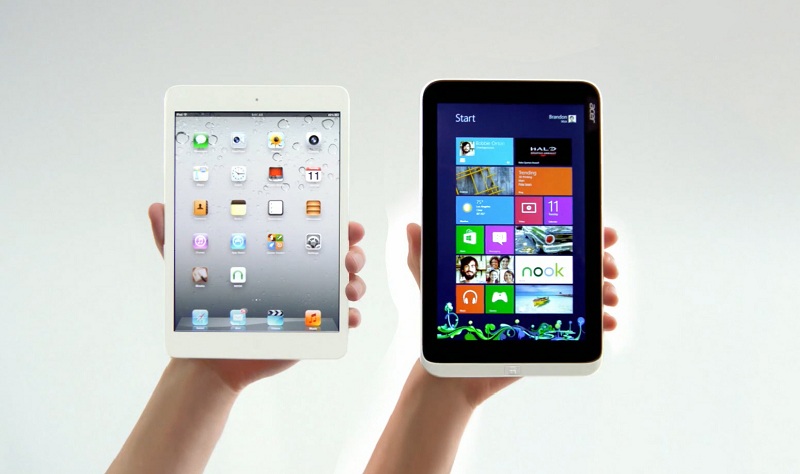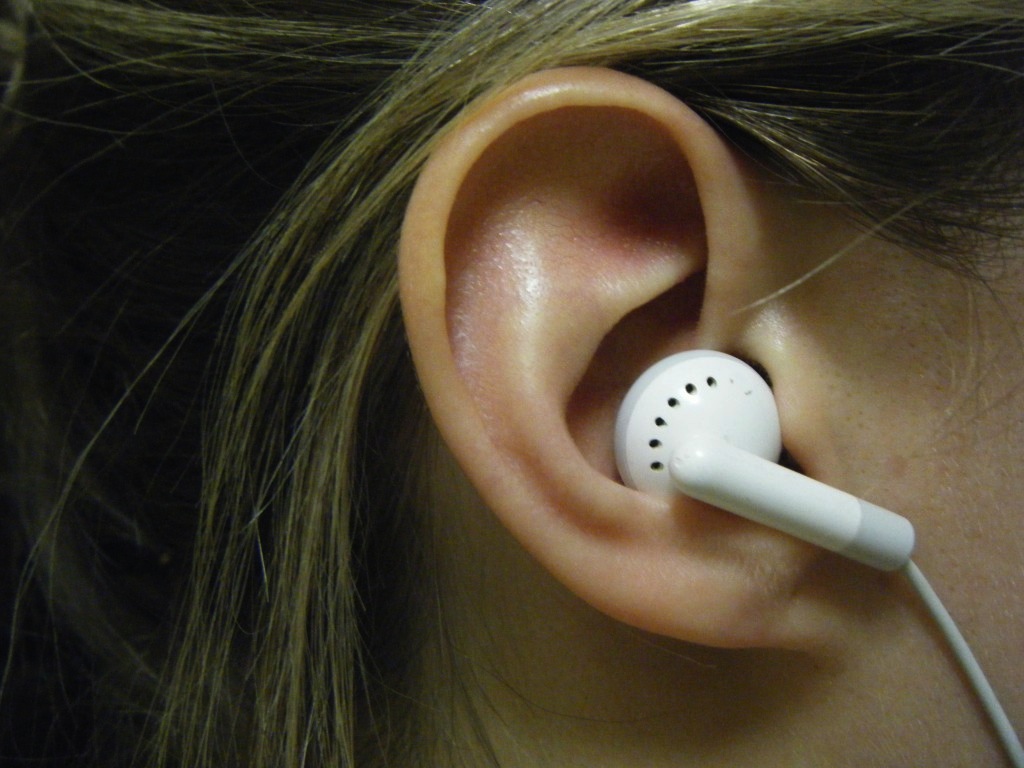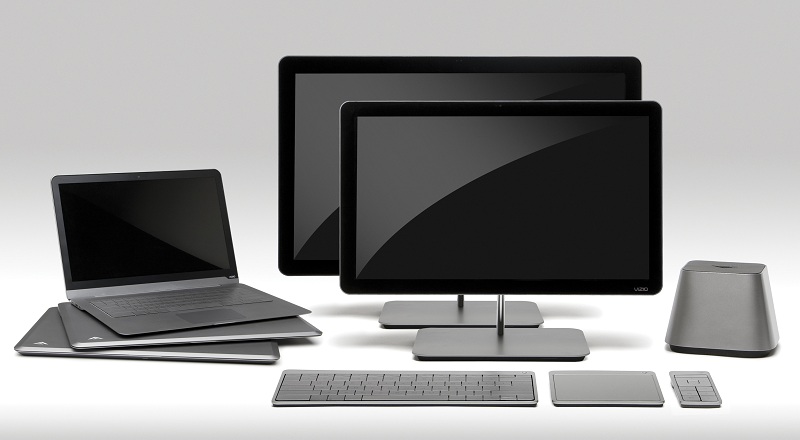
There are tons of tablets available today. But what’s the best tablet on the market?
The answer depends on how important each of a number of different factors is to you. When you choose a tablet, you have to consider all of them.
You have a choice of screen size. Pick the one that fits your needs:
- 7-inch screen: better portability
- 10-inch screen: better web surfing, video, and gaming
- 11-inch or 12-inch screen: better for work, but heavier
You want the best performance. Decide what you want to do with your tablet.
Are you looking for a tablet for business, personal use, gaming, photography, family use, or some combination of these purposes?
You want a model that uses the same operating system as your other devices.
Do you use Apple, Android, or Windows on your other devices? You’ll want to decide on a tablet that will be compatible with the OS that you regularly use.
Do you want WiFi only or cellular?
With WiFi only, you’ll be able to get on the web to use your tablet in any WiFi environment, but can reach the web only when you have WiFi . With cellular, you’ll have to pay a monthly fee for the service, but you’ll have web access almost anywhere.
Do you need a large variety of apps authorized by the operating system manufacturer?
Apple OS has the largest number of apps available. Windows 8 has the fewest. Android is somewhere in between.
How much do you want to pay? Costs for a tablet vary from $99 to $1,000 or more.
After you’ve answered these basic questions, you can then decide on the next five factors:
- Screen Resolution and Brightness
- Tablet Weight
- Processor Speed
- Storage Capacity/Cloud Availability
- Battery Life
Tablets are going to differ in weight, speed, battery life, etc. You’ll probably have to compromise on some of these factors to get the tablet that’s best for you. So think about them as you start considering different tablets.
Tablet Ratings can help you decide what’s the best tablet for you.
We’ve gathered tablet ratings from four respected ratings sources. What they all agree on is that the Apple tablet products are at the top of the field. One rating source even referred to the Apple iPad Air 2 as “the gold standard for tablets.” Apple products use the Apple OS.
Another tablet rated consistently high is the Samsung Galaxy Tab series (2, 3, 4). Samsung products use the Android operating system.
Other highly rated tablets use the third choice of operating system: Windows 8. This OS is used by Microsoft Surface Pro, Toshiba Encore, and Asus Transformer Book T100TA – the only Windows tablets rated highly by our sources.
Here are the top 2015 tablets from Consumer Reports, CNET, PC Mag, and Laptop Mag.
Consumer Reports Buying Guide 2015
- Evga Tegra Note 7 (Android)
- Amazon Kindle Fire HDX (Android)
- Toshiba Encore (Windows)
- LG G Pad 7.0 (Android)
- Samsung Galaxy Tab Pro 10.1 (Android)
- Amazon Kindle FireHDX 8.9 (Android)
- Samsung Galaxy Tab 4 10.1 (Android)
- Lenovo Yoga Tablet 10 H (Android)
- Samsung Galaxy Tab 3 10.1 (Android)
- Samsung Galaxy Tab 2 (10.1) (Android)
CNET
- Apple iPad Air 2 (the gold standard for tablets)
- Google Nexus 9 (best performance and consistency) (Android)
- Sony Xperia Z4 Tablet (Android)
- Dell Venue 8 7000 (best for photography) (Android)
- Nvidia Shield Tablet (best for gaming) (Android)
- Amazon Fire HDX 8.9 (best family-friendly) (Amazon Fire OS)
- Microsoft Surface Pro 3 (best productivity tablet) (Windows)
PC Mag
- Apple iPad Air
- Apple iPad Air 2
- Asus Transformer Book T100TA (64GB) (Windows)
- Samsung Galaxy Tab S 8.4 (Android)
- Apple iPad mini 2
Laptop Mag
- Apple iPad Air 2
- Dell Venue 7 (Android)
- Dell Venue 8 7000 (Android)
- Samsung Galaxy Tab S2 (Android)
- Microsoft Surface 3 (Windows)
- Amazon Fire HD6 (Android)
- Nvidia Shield (gaming) (Android)
- Lenovo Yoga 2 (Android)
- LG G Pad II 10.1 (Android)
- Lenovo IdeaPad Miix 700 Hybrid (Android)
- Samsung Galaxy Tab S2 (Android)
- Lenovo Yoga 3 Pro (Android)
Well, there you have it: the top-rated choices of tablets for 2015. Now you have to decide what’s the best tablet for your needs.
As always, the Target PC team can help you make your choice among the tablets. Our friendly staff are ready to help you with your tablet choice, and we offer comprehensive repair service, should anything go wrong.






